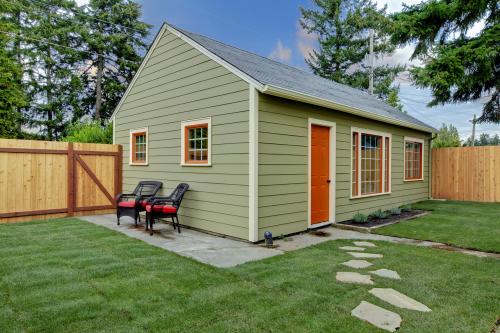“Cities and metro areas are networks, they are not governments; therefore we need to put them central to the debate of how the country moves forward,” Bruce Katz says in this podcast on the metropolitan revolution—metro areas’ recognition that they are where change does and should happen, especially in an era of congressional gridlock. Katz, vice president and director of the Metropolitan Policy Program and also the Adeline M. and Alfred I. Johnson Chair in Urban and Metropolitan Policy, explains that the nation’s 388 metropolitan areas are “the true organic economies”; discusses why metro areas are at the “vanguard of policy innovation”; describes why the traditional federalism pyramid should be flipped to feature cities and metros on top; and offers insights into the new spatial geography of innovation that is spurring production-oriented economic growth.
Katz is co-author, with Jennifer Bradley, of The Metropolitan Revolution: How Cities and Metros Are Fixing Our Broken Politics and Fragile Economy.
Also in the podcast, Governance Studies Fellow John Hudak offers his regular update, “What’s Happening in Congress.”
Show Notes:
• The Metropolitan Revolution: How Cities and Metros Are Fixing Our Broken Politics and Fragile Economy (with Jennifer Bradley)
• The Rise of Innovation Districts: A New Geography of Innovation in America (with Julie Wagner)
• Mapping Freight: The Highly Concentrated Nature of Goods Trade in the United States (Adie Tomer and Joseph Kane)
• What Should the Role of the Federal Government Be in Supporting Innovation Districts?
• What the United States Can Teach the U.K. About Federalism
• The Global Cities Initiative
Subscribe to the Brookings Cafeteria on iTunes, listen on Stitcher, and send feedback email to [email protected].


Commentary
PodcastThe 21st Century Metro: Innovative, Powerful, and Leading the Country Forward
January 23, 2015